Events



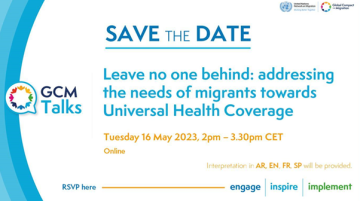


LAUNCH OF THE CONTINENTAL DIASPORA ENGAGEMENT FRAMEWORK PROGRAMME FOR AFRICA Meeting to present pillars of the Continental Diaspora Engagement Framework Programme developed by theAUC, IOM and UNDP Zoom Link: https://bit.ly/3L64NdP
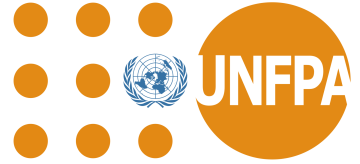
The aim of the side-event is to share the key findings and recommendations from phase 2 of the UNFPA-MMC/DRC study on youth mixed migration and it will feature evidence on the reasons and aspirations for migration among young migrants in West Africa, their exposure to violence, interactions with
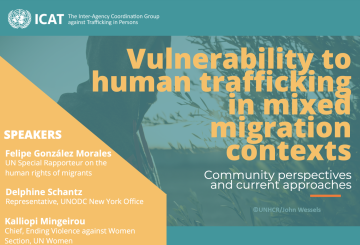
An underlying objective of the international community when it adopted the Global Compact for Safe, Orderly and Regular Migration (GCM) was to mitigate the adverse drivers and structural factors that hinder people from building and maintaining sustainable livelihoods in their countries of origin,

This interactive virtual event seeks to provide an overview of the progress, challenges, and suggestions going forward on 15 out of the 23 objectives of the GCM. Discussions will encourage the identification of opportunities for further progress and cooperation.

The event seeks to promote joint learning about initiatives that are being promoted by NHRIs to protect the rights of migrants, with a particular focus on gender and childhood.
Since the Regional Reviews were divided in the five United Nations regions and did not comprise of cross-regional components on potential collaboration across regions to accelerate the GCM implementation, The side event will address the common priorities in Africa and Arab regions and discuss cross
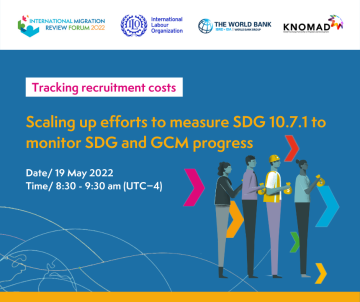
Tracking recruitment costs: scaling up efforts to measure SDG 10.7.1 to monitor SDG and GCM progress
The high recruitment fees and related costs incurred by migrant workersto access jobs abroad are serious impediments to migrants’ enjoyment of human and labour rights and migration development outcomes.
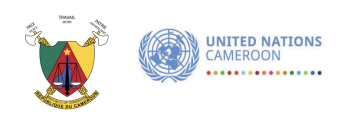
Since 2019, the Secretary-General, responding to a request by the Government of Cameroon, declared Cameroon eligible for funding under the Peace Building Fund (PBF) Peacebuilding and Recovery Facility for five years.
The Global Compact for Migration (Global Compact), adopted in 2018, is a significant commitment from governments to take a people centered and human rights-based approach to migration policy and to work together towards the achievement of its objectives.
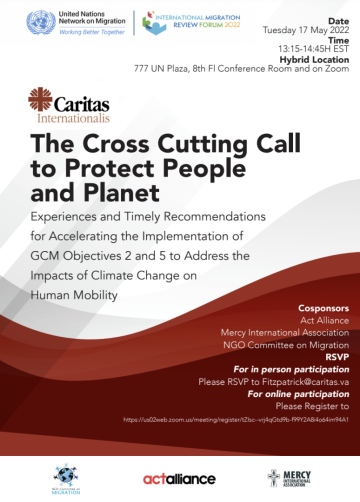
Caritas Internationalis (CI) and its partners will host a 75 minute long hybrid side event during the UN’s International Migration Review Forum (IMRF) both in person at the United Nations Church Center and broadcast live to Zoom, allowing for virtual participation so that all participants of the

This panel will focus on portable justice, the right and ability of migrants to access justice at all stages of migration.

Policy discussions on migration and development focus mostly on host and origin countries.
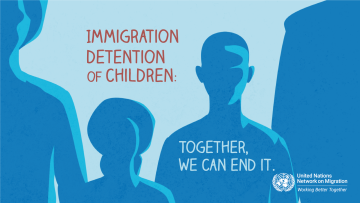
Our next Dialogue will raise awareness about the advantages of the Global Compact for Safe, Orderly and Regular Migration (GCM) whole-of-society approach.

Pagination
About the Migration Network Hub
What is the Migration Network Hub?
The Hub is a virtual “meeting space” where governments, stakeholders and experts can access and share migration-related information and services. It provides curated content, analysis and information on a variety of topics.
The Hub aims to support UN Member States in the implementation, follow-up and review of the Global Compact for Migration by serving as a repository of existing evidence, practices and initiatives, and facilitating access to knowledge sharing via online discussions, an expert database and demand-driven, tailor-made solutions (launching in 2021).
Submit your content
What content is displayed in the Hub?
The Hub aims to help you find information on migration, ranging from policy briefs and journal articles, existing portals and platforms and what they offer, to infographics and videos. The different types of resources submitted by users undergo peer review by a panel of experts from within the UN and beyond, before being approved for inclusion in the Hub. To provide guidance to users based on findings of the needs assessment, the content is ordered so that more comprehensive and global resources are shown before more specific and regional ones. Know a great resource? Please submit using the links above and your suggestion will be reviewed. Please see the draft criteria for existing practices here.
Apply to join the Peer Review Roster
Content submitted to the Migration Network Hub is first peer reviewed by experts in the field from both the UN and beyond. Applications are welcomed to join the roster on an ongoing basis. Learn more here.
Contact us
We welcome your feedback and suggestions, please contact us
*References to Kosovo shall be understood to be in the context of United Nations Security Council resolution 1244 (1999).
Newsletter
Subscribe to our newsletter.